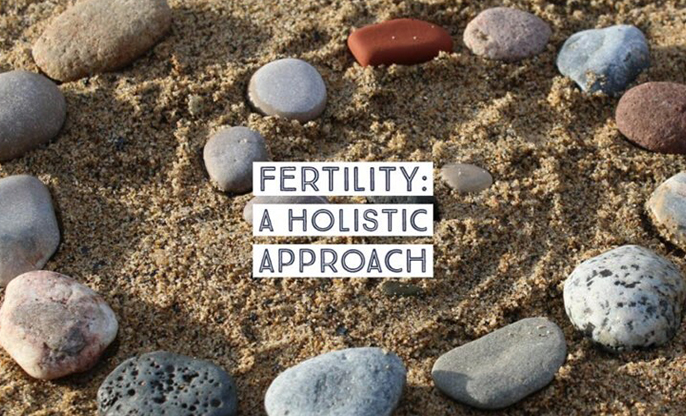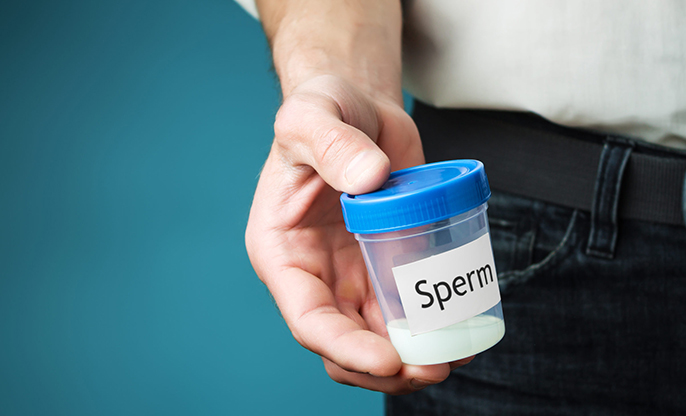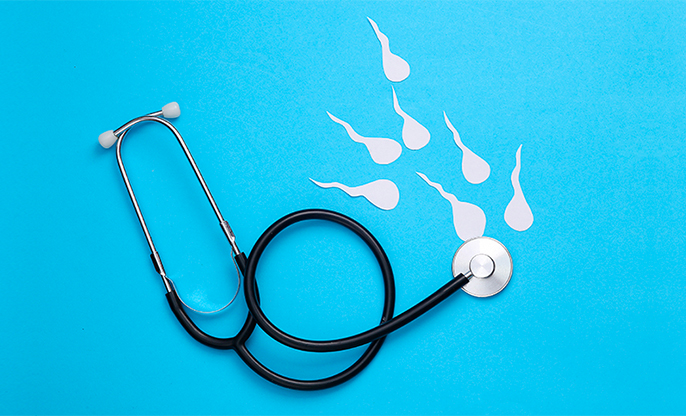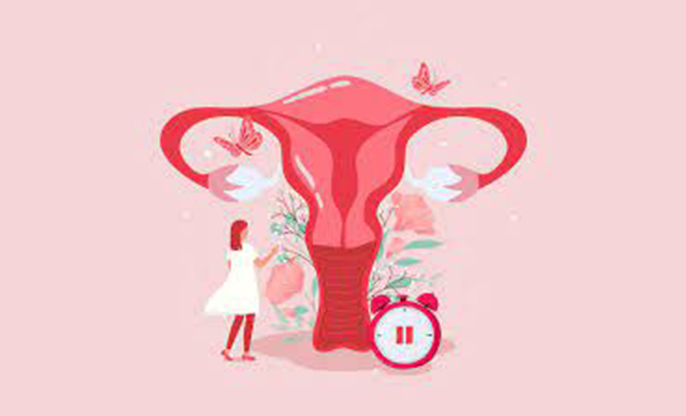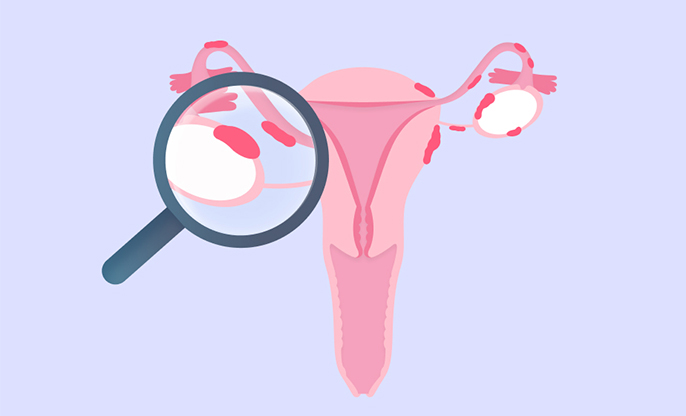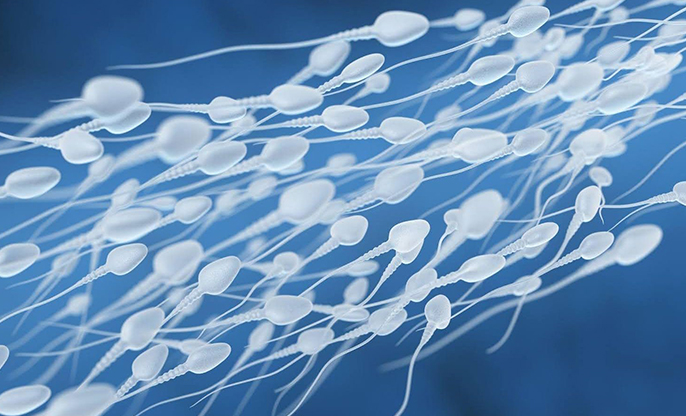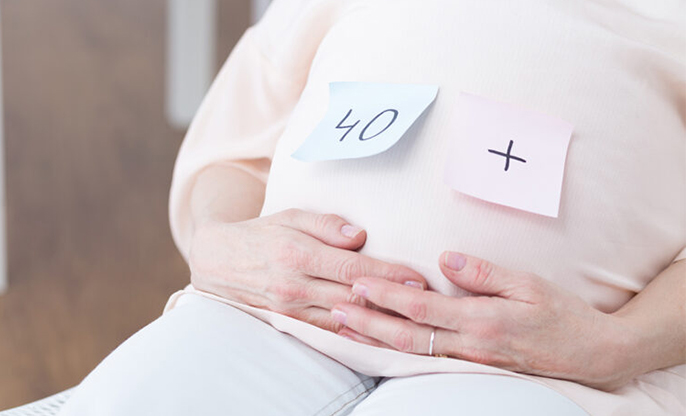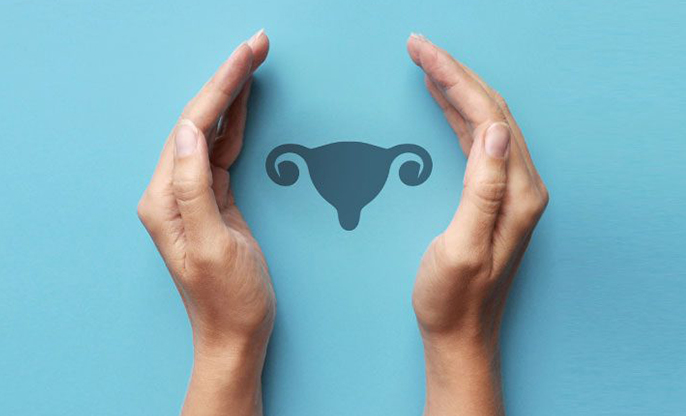
Female fertility is a complex and delicate aspect of reproductive health, encompassing a range of factors that contribute to a woman's ability to conceive and carry a pregnancy to term. From hormonal balance to reproductive anatomy, this article will delve into various aspects of female fertility from a medical standpoint.
1. Hormonal Balance
Hormones play a pivotal role in female fertility. The menstrual cycle is regulated by a delicate interplay of hormones, including estrogen, progesterone, luteinizing hormone (LH), and follicle-stimulating hormone (FSH). Any hormonal imbalance can affect ovulation and menstrual regularity.
2. Ovulation
Ovulation is a critical process in female fertility, during which a mature egg is released from the ovary. Tracking ovulation can help women identify their fertile window, increasing the chances of conception. Ovulatory disorders, such as polycystic ovary syndrome (PCOS) or hypothalamic amenorrhea, can impact fertility.
3. Reproductive Anatomy
The female reproductive system includes the ovaries, fallopian tubes, uterus, and cervix. Structural abnormalities or conditions affecting these organs can hinder fertility. Conditions like endometriosis or uterine fibroids can impact reproductive health.
4. Cervical Health
The cervix produces cervical mucus that changes in consistency throughout the menstrual cycle. Fertile cervical mucus is thin and stretchy, facilitating sperm movement. Infections, cervical abnormalities, or surgical procedures can affect cervical health.
5. Egg Quality and Quantity
Female fertility is closely linked to the quality and quantity of eggs. Aging can lead to a decrease in both, making conception more challenging as women get older. Fertility preservation methods, such as egg freezing, may be considered in certain cases.
6. Lifestyle Factors
Lifestyle factors significantly influence female fertility. Factors such as smoking, excessive alcohol consumption, obesity, and extreme exercise can negatively impact fertility. Maintaining a healthy lifestyle is crucial for reproductive wellness.
7. Medical Conditions
Certain medical conditions, such as thyroid disorders or diabetes, can affect female fertility. Managing these conditions with proper medical care and medication is essential for optimizing fertility.
8. Polycystic Ovary Syndrome (PCOS)
PCOS is a common hormonal disorder that can lead to irregular ovulation and infertility. Treatment options, including lifestyle changes and medications, can help manage PCOS-related fertility issues.
9. Endometriosis
Endometriosis is a condition in which tissue similar to the uterine lining grows outside the uterus. It can cause pelvic pain and infertility. Surgical interventions and medications can be considered for managing endometriosis-related fertility challenges.
10. Fertility Testing
Fertility testing can provide valuable insights into a woman's reproductive health. Tests may include hormonal assessments, ultrasound imaging, and hysterosalpingography (HSG) to evaluate the fallopian tubes and uterus.
11. Assisted Reproductive Technologies (ART)
In cases where natural conception is challenging, assisted reproductive technologies such as in vitro fertilization (IVF) or intrauterine insemination (IUI) can be options to help achieve pregnancy.
























